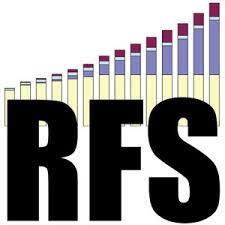According to political observers citing policy exercised by the previous Administration headed by President Donald J. Trump suggests that the petroleum industry may be favored over farmers with respect to ethanol. Despite pre-election rhetoric, the Administration may increase waivers exempting refiners from the Renewable Fuel Standard.

This situation was evidenced during the previous term and there is a distinct bias towards the fossil fuel industry. Although there is an initiative to increase oil production in a “drill baby drill” mindset, effectively production at approximately 13.4 million barrels per day represents a balance between supply and demand. The oil industry recognizes that increased production could further depress prices resulting in depletion of reserves with concurrent dilution of earnings.
The Baker-Hughes Drill Rig Count has been fairly steady for months although seven new rigs commenced operation during the past week, but the total of 589 is substantially less than 626 a year ago.

Reducing the Renewable Fuel Standard would make more corn available on the domestic market with little prospect of domestic growth and with the likelihood of reduced exports. The net result will be a sharp decline in the price of corn that will benefit livestock and poultry producers to the disadvantage of farmers.
In recognition of the need for additional support, Democratic and Republican members of the respective House and Senate agricultural committees are at loggerheads over the magnitude of largesse to farmers. House Republicans have proposed at least $15 billion, countered by House Democrats at $10 billion. Unless a measure of compromise is introduced into the discussion, the Farm Bill will be delayed and passed to the 119th Congress.

The entire ethanol industry is an anachronistic boondoggle. The initiative was established at a time when the U.S. was dependent on importation of crude from unfriendly nations and doubtful allies. Since this time, the need for imported energy has disappeared but the Renewable Fuel Standard persists, based on the bipartisan support of corn-state legislators that regard any attempts at reducing the artificial ethanol demand as a political sudden death third-rail. It is high time that the U.S. recognized the economic fallacy of ethanol as a fuel and eliminate an indirect tax that favors farmers at the expense of all who eat and drive.